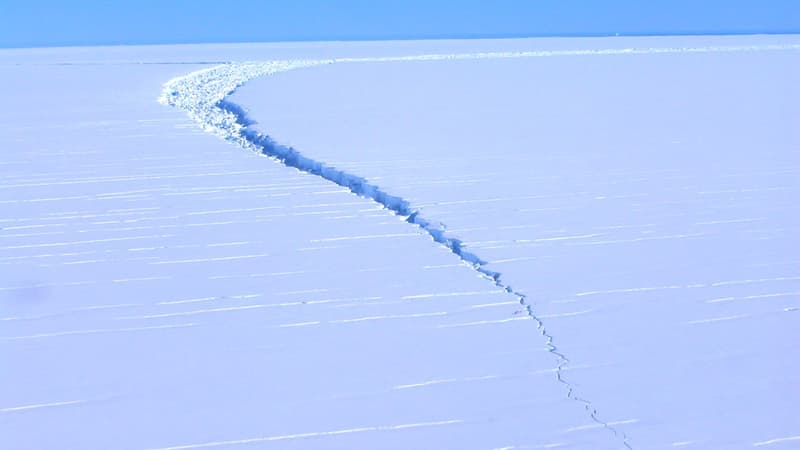Baker-pastry chef, cook, plumber, machine mechanic, central mechanic, electrotechnician, chief mechanic, tool maker, technical manager and instrumentation technician. The profiles sought by the French Paul-Emile Victor Polar Institute (IPEV) are varied. On October 19, the research institute organizes a day of job appointments at the Capuçins Workshops in Brest that should allow it to hire 80 subcontracted workers and volunteers in the civic service to help its permanent members in their missions… in the antartida.
The first departures will occur at the end of October 2024 for the “country people” who will remain there for two to three months. The “winterers” will stay longer and will only come at Christmas 2025. “It is no longer possible to leave Antarctica after the month of March,” recalls the Figaro Anne Savary, head of human resources at the French Polar Institute. And with good reason, the weather conditions do not allow the landing of planes and the passage of ships is made impossible by the new formation of the ice floe.
Up to -80 degrees in winter on certain bases
Depending on the bases where they are assigned, recruits face temperatures that can range from -1 to -30 degrees… during the summer. “During winter, we reach temperatures that can drop to -80 degrees, says Florentin Camus, plumber at the French Polar Institute. All outdoor pipes must be insulated or always in motion to prevent them from freezing.” The IPEV is responsible for providing the necessary suits to survive these frigid temperatures and a doctor is present at each base and during each supply expedition, “land convoys that can take 10 days to arrive, to transport food and fuel,” Anne specifies. Savary.
As he explains to BFMTV, the research institute is aimed at people who are available because “it is not trivial to be absent from the family during such a period” and who have “appetite for community life.”
Technical tests and interview with a psychologist.
The work meeting, which will take place in the afternoon, will allow candidates to interact with former winter visitors and scientists working at polar stations. Your resume will be consulted and, if necessary, you will undergo an interview and technical tests. The selected profiles will later go to the TAFF (French Southern and Antarctic Territories) medical service in Paris to perform, among other things, x-rays and an electrocardiogram. The process will end with an interview with a psychologist and personality tests.
A long process that can result in a memorable experience for the selected candidates, if we believe the comments of some like Nina Marchand. Currently operations coordinator for the French Polar Institute, she spent 16 months on the island of Amsterdam, south of the Indian Ocean, during her first mission. “The most impressive thing is that we have a strong emotion, like a desire to cry, when we see for the first time animals that we have never seen in our lives: sea lions, penguins,” she remembers.
Source: BFM TV


